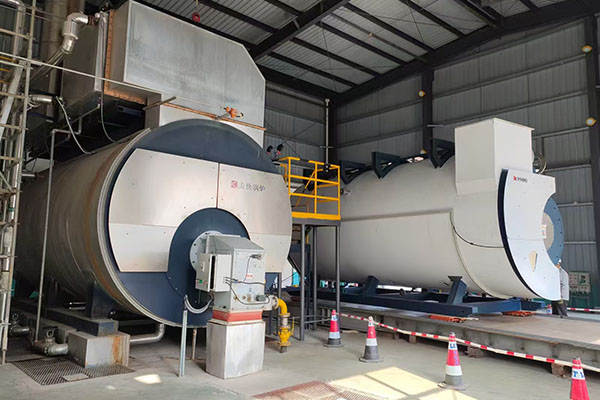Condensing boilers typically hit 90–98% efficiency, while conventional models are closer to 70–88%. Although a condensing unit costs more up front, it can cut your fuel bill by roughly 10–20%.

Condensing boilers reclaim heat that normally vanishes in the flue by cooling exhaust gases below their dew point. As water vapor turns back into liquid, hidden energy is released—and put back to work—so these units routinely outshine older boiler designs in overall efficiency.
Under ideal conditions—when return-water temperatures hover around 55 °C (131 °F) or less—manufacturers often rate condensing boilers as high as 98 % efficient on a higher heating value (HHV) basis. In everyday use, seasonal performance usually lands between 90 % and 95 %. Full‑condensing tests even report efficiency gains of roughly 10 – 11 % on top of the 80 % combustion baseline.

By contrast, non‑condensing gas boilers usually operate at 80–88 % efficiency, unable to reclaim latent heat. Even when run at normal temperatures (e.g., 80 / 60 °C), condensing units still outperform conventional models by 4–5 %.
Several factors influence actual performance:
-
Return-water temperature: To sustain condensing, the water returning to the boiler must be below the dew point. Above 55 °C, condensation drops off, and efficiency falls toward conventional levels.
-
Load profile: Partial loads and cycling can reduce efficiency gains, as less flue gas volume passes through the heat exchanger.
-
System design: Proper radiator sizing and controls ensure low return temperatures and steady flow, maximizing condensation.
If you need to purchase an efficient condensing boiler, please contact us. We are China’s A-class boiler manufacturer. The thermal efficiency of our condensing steam boiler can reach more than 95%. Welcome to consult us.
Get your best price
Quickly compare 3 FREE quotes
- Engineer quick quote
- The overall delivery speed is fast
- Financial choice
- Low installation costs and cost savings
25 years+ of boiler R&D
More than 20 innovative technologies
